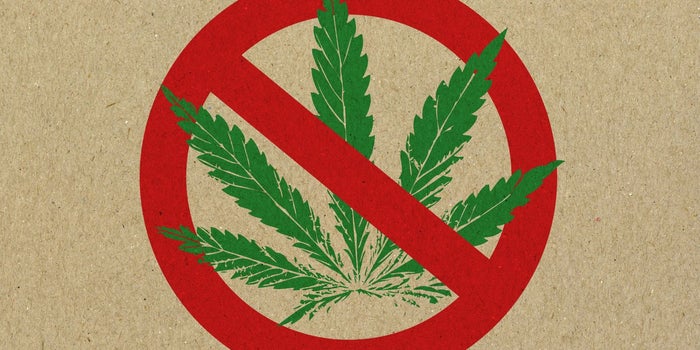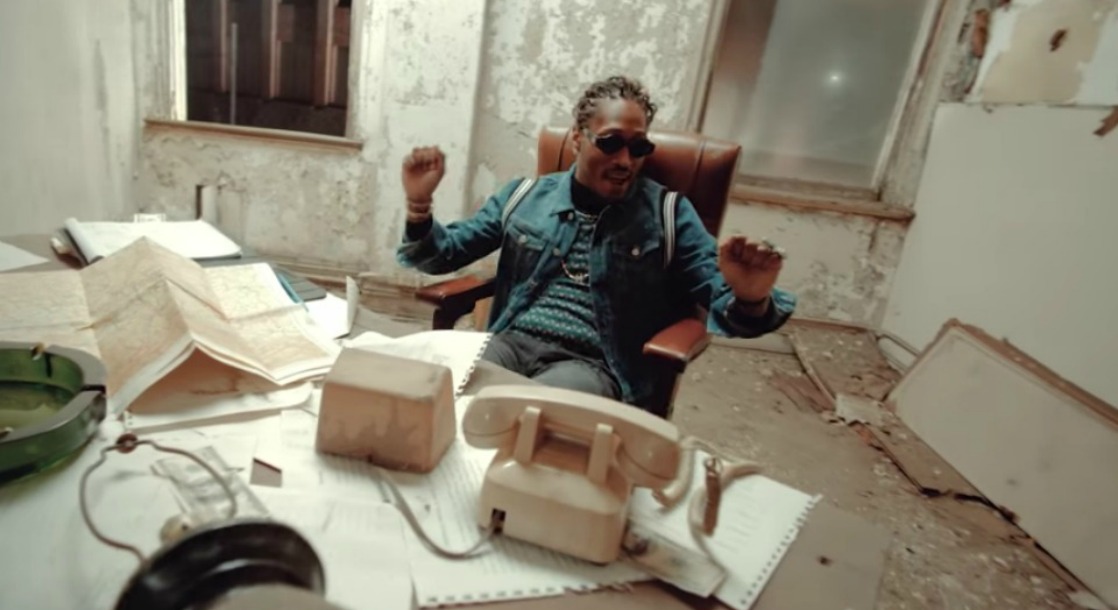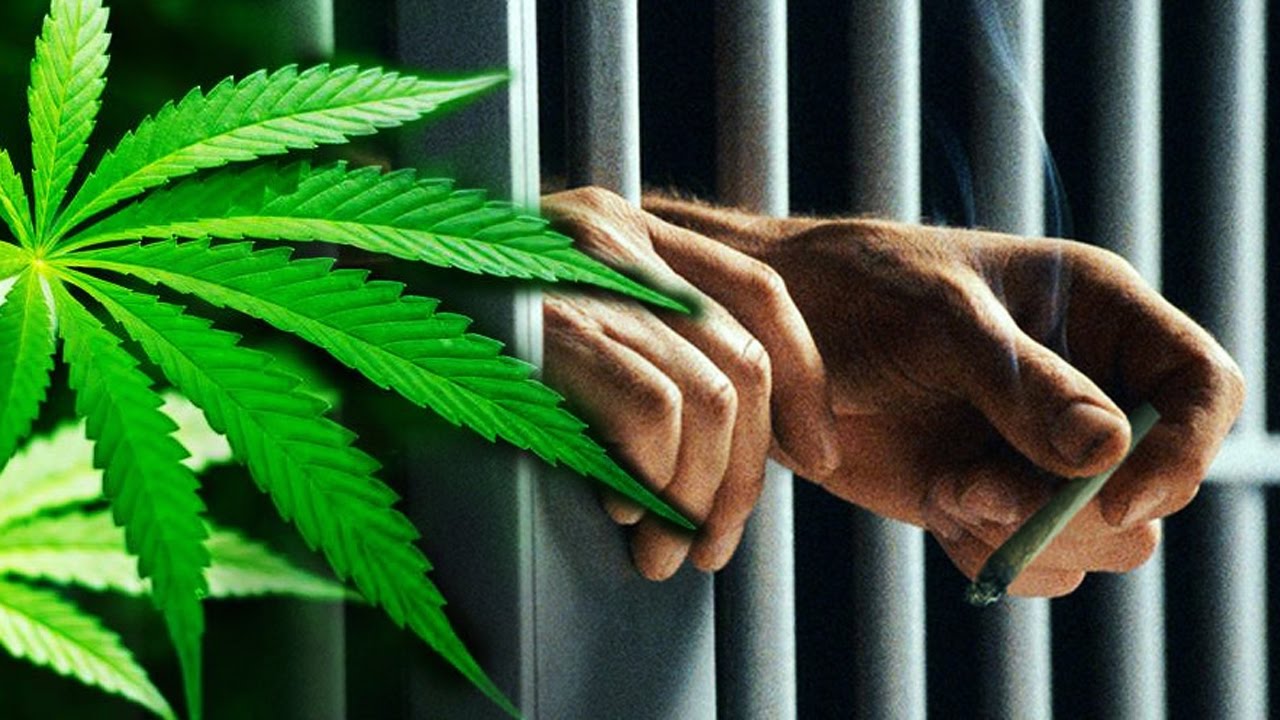Image via
The governor of one of America’s most conservative states has argued that the federal government should be taking a more aggressive role in cracking down on states that have legalized weed.
In an interview with The Washington Post, Arkansas Governor Asa Hutchinson (R) told national political reporter Bob Costa that he blamed the federal government for allowing individual states to legalize cannabis. During the interview, Costa asked Hutchinson his opinion about the states that successfully passed cannabis legalization measures during the election. The governor blasted these election victories, which should come as no surprise given the fact that he used to be in charge of the US Drug Enforcement Agency (DEA) under George W. Bush.
In recent years, the federal government has kept a hands-off policy towards states that have legalized medical and adult-use cannabis. But in the early 2000s, Hutchinson directed the DEA to raid state-legal medical cannabis dispensaries in California, one of the few states that had legalized medical marijuana by that time. Fifteen years later, Hutchinson still believes that the government should be taking a more active role in shutting down legal weed states.
“Whenever there’s not a clear federal position on legalization of marijuana, legalization of drugs, if there’s not a clear federal position, then there’s going to be a continued erosion and movement toward legalization of marijuana at the state level,” Hutchinson told Costa. “As long as the federal government is saying, ‘We’re just going to turn a blind eye to whatever the states say,’ then it’s going to continue that pressure.”
The governor said that he believes that more and more states will continue legalizing pot unless the federal government steps in.”It’s a bigger jump from medical marijuana to recreational use,” Hutchinson said. “Part of that will depend on the history that we see with recreational use of marijuana initiatives in Colorado and I believe it’s Washington or Oregon. As we learn more from those, it might be instructive as to the voters and how they will approach that in the different states.”
So far, clinical studies have found that many prohibitionist fears about legalization are unfounded. Researchers have found no increase in teen pot use, crime, or workplace fatalities in states that legalized, nor has legal weed decreased property values.
Hutchinson also noted that his own state has been pushing for legalization, despite his own personal reservations. “We’ve seen this– and in Arkansas, we had–it was four years ago, I believe it was–the medical marijuana that was adopted in Arkansas. This year, they tried to get recreational use of marijuana on the ballot. They were not successful but we know that they will come back.”
Voters in the conservative states of Montana and South Dakota also legalized pot this year, making it clear that cannabis reform is a bipartisan issue. When midterm elections come around in 2022, voters will have another chance to replace state and federal politicians like Hutchinson, who continue to cling to prohibitionist rhetoric even though the majority of their constituents support legalization.











